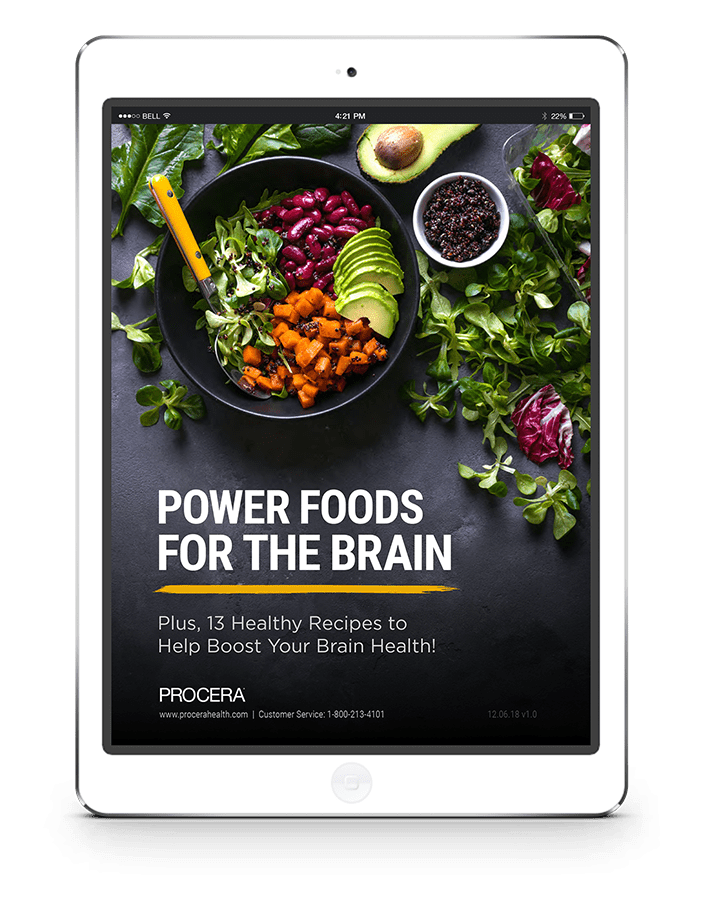
When Americans were asked what type of resolutions they planned to make in 2021, physical health is the top priority. After a year that left people unable to get out much, many of the usual means of getting exercise, it’s no surprise that nearly 80% of people are targeting physical health-related goals in 2021, whether that means eating healthier, getting more exercise, or losing weight.
The key to successful weight loss is developing healthy diet and exercise habits. Diet just means eating healthy, lower calorie meals. Exercise means being more physically active.Although people appropriately focus on diet when they're trying to lose weight, being active also is an essential component of a weight-loss program. When you're active, your body uses energy (calories) to move, helping to burn the calories you take in with food you eat. Here's a list of exercise types and healthy diet suggestions to help get you started!
Exercise

Cleaning the house, making the bed, mowing the grass and gardening are all forms of physical activity. Exercise, on the other hand, is a structured and repetitive form of physical activity that you do on a regular basis. Whatever activity you choose, do it regularly. Aim for at least 30 minutes per day of moderate physical activity inclusive of aerobic, strength and flexibility exercises. Keep in mind that you may need more physical activity to lose weight and keep it off.
1. Aerobic (Cardio) Exercise — When it comes to brain health, studies show that aerobic exercise is the best. People who have engaged in regular low- to moderate-intensity workouts yield higher performance on cognitive/emotional function and performance tests compared to those that participate in strength and flexibility exercises. The best types of aerobic exercise are running, swimming, cycling, brisk walking, and dancing.
2. Strength (Resistance) Exercise — In addition to triggering neural growth factors, strength training promotes bone density, helps to control blood sugar levels, and strengthens tendons and muscles. But strength training is not just for muscle-bound gym rats. There are many ways to get resistance training without having to grunt your way through a lot of weight machines. The best strength exercises will build that all-important core area, which includes the vulnerable lower back and abdominals. Consider these strength-building exercises: weight machines, free weights, resistance bands and ropes, pushups, squats, lunges, dips, back extensions and abdominal crunches, resistance stretching, and yoga.
3. Flexibility Exercise — Flexibility training becomes increasingly more important as we age because it improves our range of motion and balance, prevents injury, and teaches us proper breathing technique, which is essential for stress management. The best types of flexibility exercise are yoga, dance, pilates, Tai Chi, Qigong, and dynamic and static stretching.
Healthy Diet

As the control center of your body, your brain is in charge of keeping your heart beating and lungs breathing and allowing you to move, feel and think. That’s why it’s a good idea to keep your brain in peak working condition. The foods you eat play a role in keeping your brain healthy and can improve specific mental tasks, such as memory and concentration. Research shows that a Mediterranean-style diet rich in fish, whole grains, green leafy vegetables, olives, and nuts helps protect the brain, improve cognitive function and maintain optimal your optimal weight.
Start by placing a greater emphasis on the following foods:
1. Fish — Fish is a great source of omega-3, which is good for your brain. At least twice a week, eat five ounces of wild-caught, omega-3-rich fish, such as salmon, cod, haddock, tuna or halibut.
2. Fruits & Veggies — Spinach, broccoli and other leafy green vegetables are rich in many brain-loving nutrients. Blueberries, raspberries and blackberries are packed with antioxidants, which help protect the brain and body. Be sure to add fresh fruits & veggies to each meal.
3. Whole Grains — Whole grains such as oats, barley, and quinoa are rich in B-vitamins that help protect your brain and boost cognitive function.
4. Spices & Herbs — Turmeric, cinnamon and ginger help protect the body from inflammation (joints & immune response) and boosts brain health. Add these spices to your food/recipes to help increase flavor and increase nutritional value.
To learn more about the Mediterranean diet, click here.








.png?width=1350&name=Procera%20Logo%20W%20Tagline%20White%20(3).png)
Comments
Add Comment